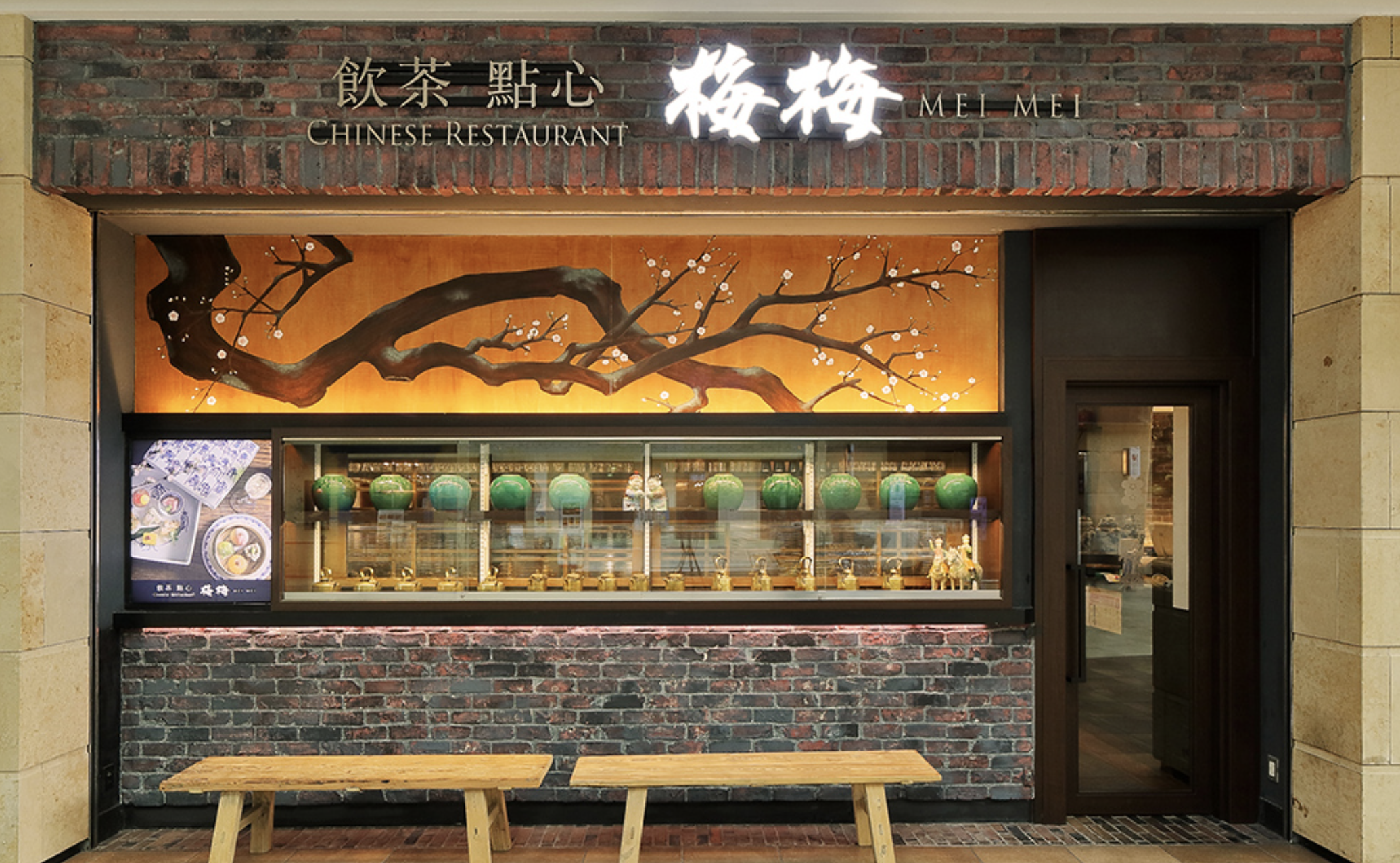Akasaka Area: Business, Politics, and Refined Urban Living
1. Introduction: The Dual Nature of Akasaka
Akasaka sits northeast of Roppongi and forms one of Tokyo’s most fascinating contrasts. On one side, it is the political nerve center of Japan, with the Prime Minister’s official residence, government ministries, and corporate headquarters all within walking distance. On the other, it is a vibrant entertainment and residential district, dotted with high-rise apartments, Michelin-starred restaurants, and lively nightlife.
For expats, Akasaka offers something unique: the ability to live at the intersection of Japan’s power structures while still enjoying a cosmopolitan lifestyle. Its location is strategic — close to Roppongi, Toranomon, and the Imperial Palace — making it a hub for diplomats, journalists, and business professionals.
2. History and Character
Historically, Akasaka developed as a district for samurai residences during the Edo period. Its proximity to the Imperial Palace meant it was always tied to political and elite life. Post-war, it gained a reputation for nightlife — geisha districts, exclusive ryotei (traditional dining establishments), and later, Western-style entertainment venues.
Today, Akasaka retains echoes of that history while presenting a modern, polished face with skyscrapers like Akasaka Biz Tower and complexes such as Tokyo Garden Terrace Kioicho.
3. Housing in Akasaka
Compared to Azabu or Roppongi, Akasaka offers a more urban high-rise lifestyle. Many apartments are located within mixed-use towers, where offices, shops, and residences share the same building.
- Serviced Apartments
Akasaka is known for serviced apartments catering to short- and medium-term expats. These are fully furnished, with bilingual staff, making them ideal for professionals on assignments of 6–24 months. - High-Rise Condominiums
Properties like Akasaka Tower Residence Top of the Hill provide Western-style layouts, gyms, concierge services, and sweeping views of Tokyo. Rents range from ¥300,000 for smaller units to ¥1,000,000+ for premium family-sized apartments. - Quieter Residential Pockets
Backstreets near Akasaka-mitsuke and Tameike-Sanno offer smaller, more affordable apartments. While compact, these locations are highly convenient for professionals working in central Tokyo.
4. Business and Political Significance
Akasaka’s reputation as a political hub is undeniable. The Prime Minister’s Residence (Kantei) is located here, as are multiple ministries and press offices. For foreign correspondents, lobbyists, and diplomatic staff, living in Akasaka means being close to the action.
Corporate headquarters of major Japanese and international firms are also concentrated here, making Akasaka a top choice for business executives who value minimal commuting time.
5. Dining and Entertainment
Akasaka is one of Tokyo’s most underrated dining destinations.
- Fine Dining
Akasaka hosts several Michelin-starred restaurants, including kaiseki (traditional Japanese haute cuisine), French, and Italian establishments. Akasaka Kikunoi, for example, is legendary for its refined kaiseki menus. - Casual Eats
Beyond luxury, Akasaka is filled with izakayas, ramen shops, and international restaurants. The area’s international community ensures a steady demand for English-friendly dining options. - Nightlife
While not as wild as Roppongi, Akasaka’s nightlife is lively. There are karaoke bars, whiskey lounges, and high-end hostess clubs that cater primarily to business clientele. Expats looking for a more mature, business-oriented social scene often prefer Akasaka to Roppongi.
6. Everyday Life for Expats
For day-to-day convenience, Akasaka offers:
- Transportation: Multiple subway lines (Chiyoda, Ginza, Marunouchi, Hanzomon, Namboku) make commuting across Tokyo straightforward.
- Shopping: Akasaka Sacas complex includes supermarkets, cafes, and lifestyle shops. Larger grocery runs can be done at nearby Azabu or Roppongi international stores.
- Healthcare: Clinics and hospitals in the area provide bilingual services, catering to diplomats and businesspeople.
7. Community and Networking
Akasaka is less of a “family hub” compared to Azabu, but it thrives as a professional expat community. You’ll encounter journalists, embassy staff, corporate executives, and entrepreneurs. Networking opportunities abound in business lounges, hotels, and international bars.
For those with families, Akasaka’s central location allows easy access to international schools in nearby Azabu, Hiroo, and Shibuya. Some parents choose Akasaka for the convenience of commuting while placing children in schools just a short drive or subway ride away.
8. Pros and Cons of Living in Akasaka
Pros:
- Extremely central location, with top transport connections.
- Prestigious, politically significant area.
- Variety of dining and entertainment options.
- Serviced apartments ideal for professionals.
Cons:
- Less family-oriented compared to Azabu.
- High cost of rent, especially in luxury towers.
- Can feel more “corporate” and less community-driven.
